Top 10 Skills an Avionics Engineer Needs

Are you looking to break into the aviation engineering industry? Avionics engineers, who specialize in aircraft electronics, are an integral part of aviation safety and technology. From developing new aviation technologies such as autopilot systems to troubleshooting existing aircraft components, avionics engineers have a complex and challenging job. If you’re considering a career as an avionics engineer, the following top 10 skills are essential for success.
1. Ability to Read and Interpret Blueprints
As an avionics engineer, one of the most important skills you need is the ability to read and interpret blueprints. Blueprints are essential for aviation applications, as they provide detailed information about the components and systems of an aircraft.
Without a thorough understanding of blueprints, it would be impossible to design and build safe and reliable aircraft. In order to become proficient in reading blueprints, you need to have a strong foundation in mathematics and physics. You also need to be able to visualize three-dimensional objects from two-dimensional drawings.
With practice, you will be able to quickly and accurately interpret blueprints, which will allow you to develop innovative aircraft designs.
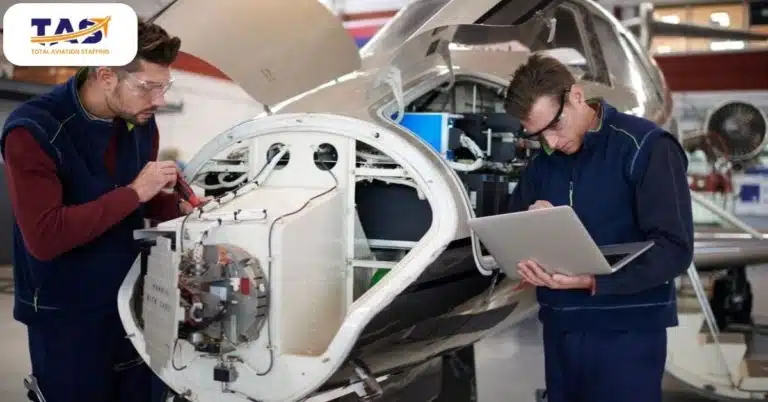
2. Knowledge of Aviation Electrical Systems
Avionics engineers must have a detailed understanding of aviation electrical systems. They need to know how these systems work together and how they interact with other systems on the aircraft. They also need to be able to troubleshoot problems and find solutions that meet the strict safety requirements of the aviation industry.
In addition, avionics engineers must be able to effectively communicate with other members of the engineering team, as well as pilots and other aviation professionals. They must be able to clearly explain their designs and provide accurate instructions for their installation and maintenance.
As a result, avionics engineers need to have a combination of technical knowledge, communication skills, and problem-solving ability.
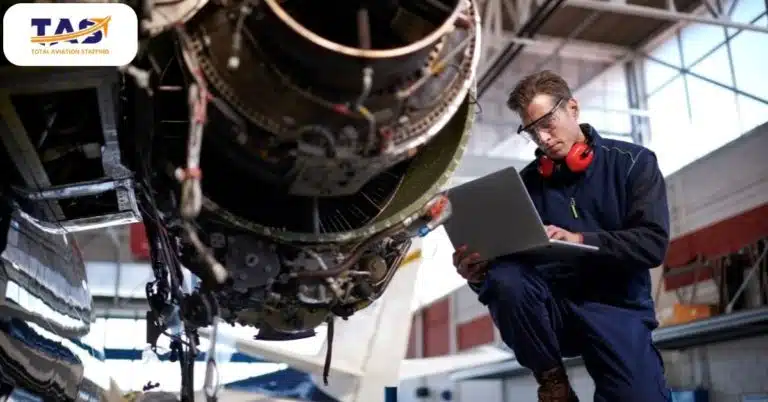
3. Knowledge of Aviation Instrumentation
One of the most important skills an avionics engineer can possess is knowledge of aviation instrumentation. This includes understanding how to read and interpret aircraft instruments, as well as having a strong grasp of the principles of aviation.
Without this essential knowledge, it would be impossible to design or maintain aircraft systems. In addition to being able to read and interpret instruments, avionics engineers must also have a strong understanding of the principles of aerodynamics.
This includes knowing how lift and drag are created, and how they affect aircraft performance. Without this knowledge, it would be impossible to design aircraft that are safe and efficient.
Finally, avionics engineers must be able to troubleshoot and repair aircraft systems. This requires both technical knowledge and practical experience. Without these skills, avionics engineers would be unable to keep aircraft systems running safely and efficiently.
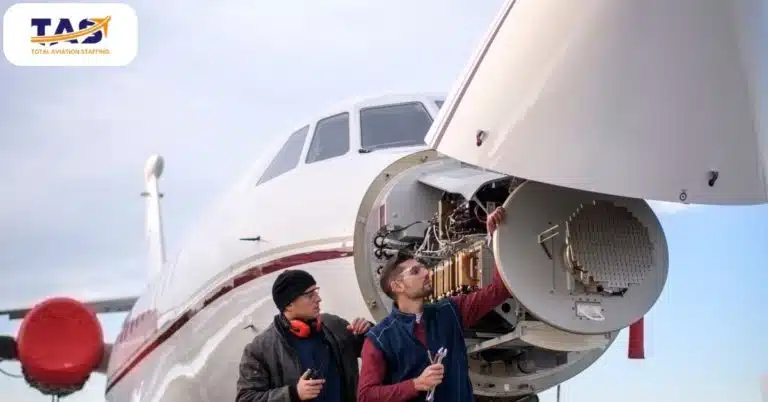
4. Strong Math Skills
Avionics is a term used to describe the electronic systems used on aircraft. Avionics engineers are responsible for designing, developing, and testing these systems. Strong math skills are essential for avionics engineers, as they must be able to understand complex equations and calculations.
In addition, avionics engineers need to have strong problem-solving skills in order to identify and resolve issues with aircraft systems. Furthermore, avionics engineers must be able to effectively communicate with other engineering team members, as well as pilots and air traffic controllers.
Good communication skills are essential in order to ensure that aircraft systems are operating safely and efficiently.
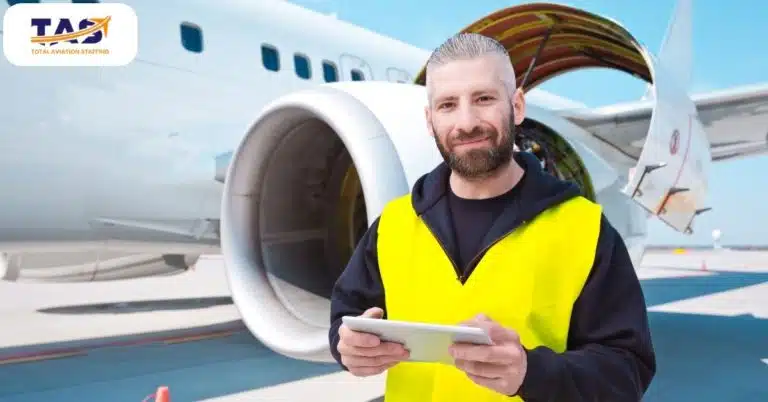
5. Ability to Diagnose and Troubleshoot Problems
Being able to diagnose and troubleshoot problems is a critical skill for any avionics engineer. When something goes wrong with an aircraft, it is usually up to the avionics engineer to figure out what the problem is and how to fix it. This can be a challenge, as there are often many different systems that could be causing the issue.
However, with experience, avionics engineers learn to methodically eliminate potential causes until they find the root of the problem. Once the cause is identified, the engineer can then develop a solution and implement it. In some cases, this may require working with other teams, such as maintenance or aircraft design, to make sure that the problem does not occur again in the future.
As avionics technology continues to become more complex, being able to effectively diagnose and troubleshoot problems will become even more important for those working in this field.
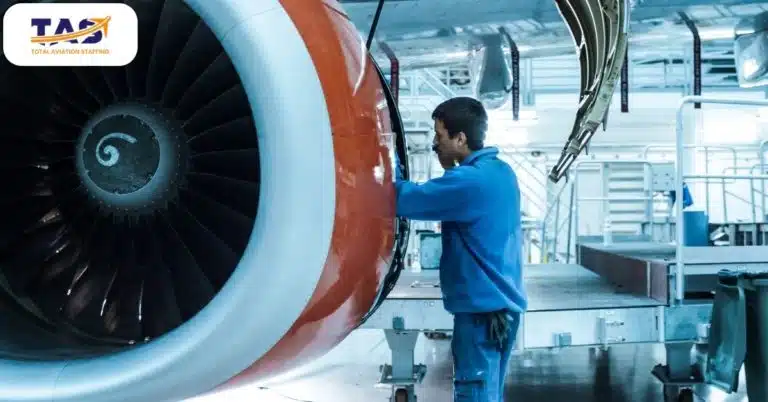
6. Good Communication Skills
In order to be successful as an avionics engineer, good communication skills are essential. The ability to clearly and concisely communicate information is critical in this role, as avionics engineers often need to relay complex technical information to a variety of different people.
They must be able to explain complicated concepts in simple terms, and they must also be able to listen carefully to understand the needs of their clients. Furthermore, avionics engineers must often work as part of a team, so it is important that they be able to effectively communicate with other members of the team in order to ensure that everyone is on the same page.
Without good communication skills, it would be very difficult for an avionics engineer to be successful in this role.
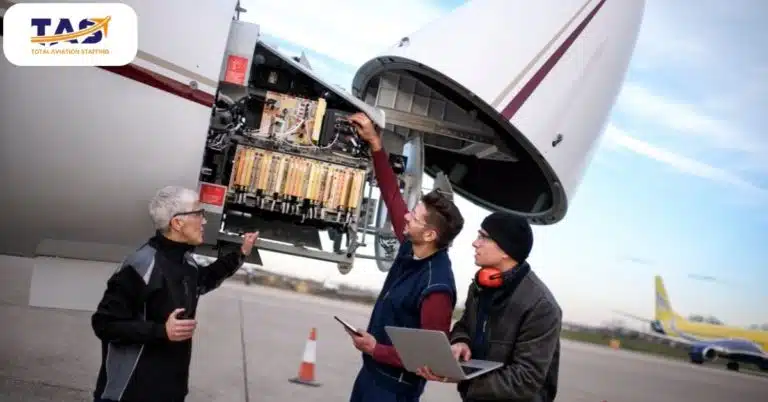
7. Strong Attention to Detail
Avionics engineers are responsible for designing, developing, and testing the electronic systems used in aircraft and spacecraft. They must have a strong understanding of electrical and electronic principles, as well as the ability to work with complex software and hardware.
In addition to technical expertise, avionics engineers must also have strong attention to detail. They need to be able to identify small problems and design solutions that meet the specific requirements of their projects. This attention to detail is essential for ensuring the safety of aircraft and spacecraft, as well as the people who use them.
Avionics engineers who can effectively balance technical knowledge with attention to detail will be well-suited for success in this field.

8. Ability to Work Independently
One of the most important skills an avionics engineer can have is the ability to work independently. The job requires a high level of technical expertise, and engineers often need to work on complex projects with little supervision.
As a result, they need to be able to understand and follow instructions carefully, troubleshoot problems effectively, and find creative solutions to unique challenges. In addition, avionics engineers must be able to communicate clearly and concisely, both in writing and in person.
They need to be able to explain their ideas to colleagues and clients, and persuasive communication skills are essential for convincing others to adopt new technologies. Finally, avionics engineers must be able to stay up-to-date on the latest industry developments.
They need to be able to read technical manuals, attend conferences, and participate in continuing education opportunities. By possessing these skills, an avionics engineer can be successful in this demanding field.
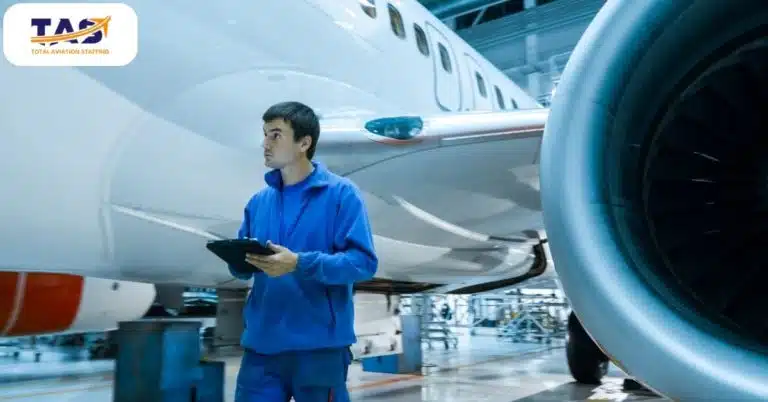
9. Ability to Work Under Pressure
Avionics engineers are often required to work on tight deadlines while dealing with complex problems. In order to be successful in this role, they must be able to hold their composure under pressure and make decisions quickly and accurately.
The aviation industry is heavily regulated, so avionics engineers must also adhere to stringent safety protocols and regulations. Being able to stay focused and organized in stressful situations is essential for ensuring the safety of aircraft and passengers.
Avionics engineers also need to have a strong understanding of aviation laws, regulations, and procedures. Those who can work efficiently under pressure while maintaining their composure are likely to be successful in this field.
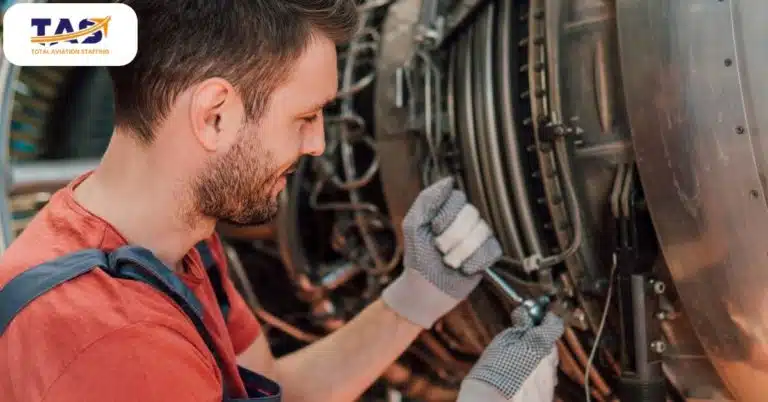
10. Passion for Aviation
Avionics engineers must have a deep knowledge of aviation, both in terms of theory and practice. They need to be passionate about aviation and aircraft design in order to stay up-to-date on the latest developments in the field.
It is also important for avionics engineers to have an appreciation for the engineering behind aviation technology and an understanding of the principles that govern aircraft design. Those who have a true love for aviation will be more likely to succeed in this role.
Avionics engineers must possess all of these skills if they are to be successful. By combining technical knowledge, strong attention to detail, problem-solving abilities, and a passion for aviation, avionics engineers can have successful and rewarding careers in aviation.
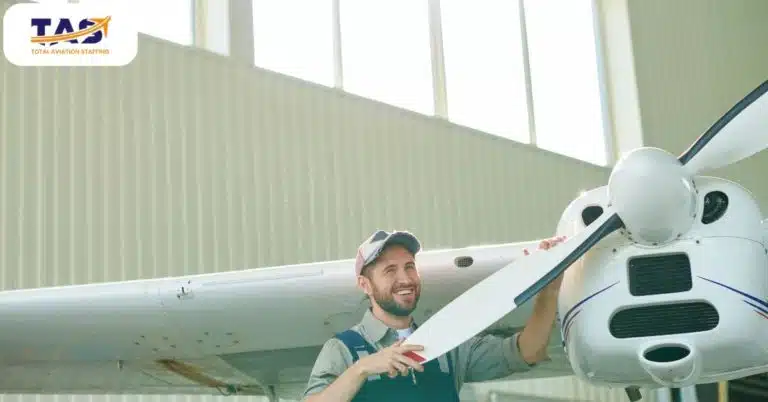
In conclusion
Aviation is an important and ever-growing industry that requires highly skilled professionals. Avionics engineers must have a strong technical background, excellent communication skills, and the ability to work independently and under pressure. Those who possess these qualities will be well-suited for success in aviation engineering. With hard work and dedication, individuals can become successful aviation engineers and make a significant impact on their industry.
